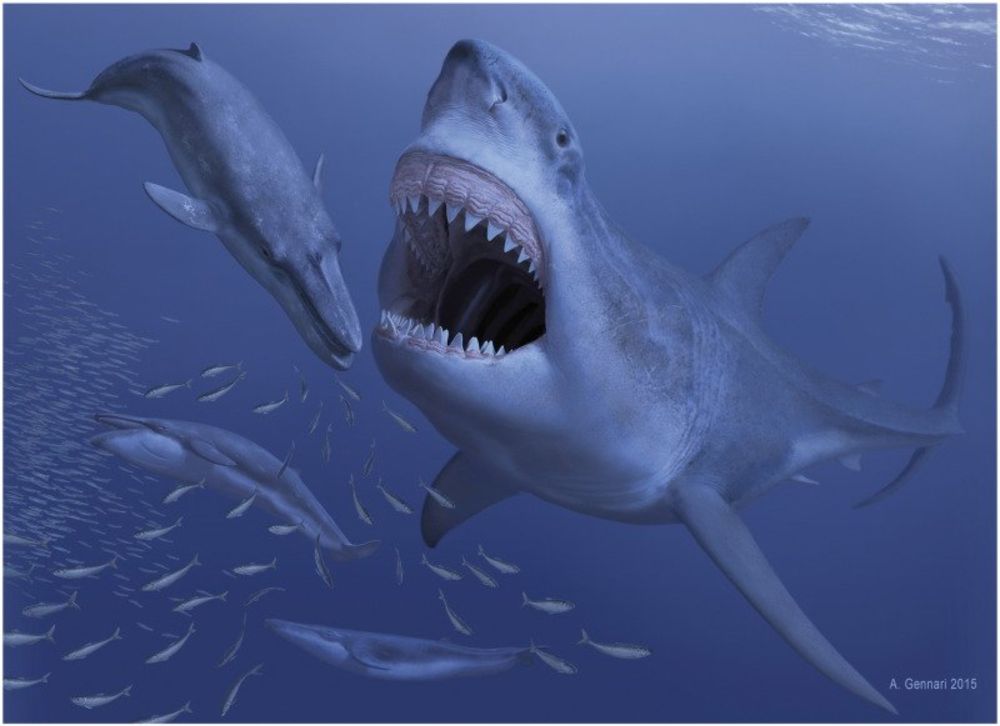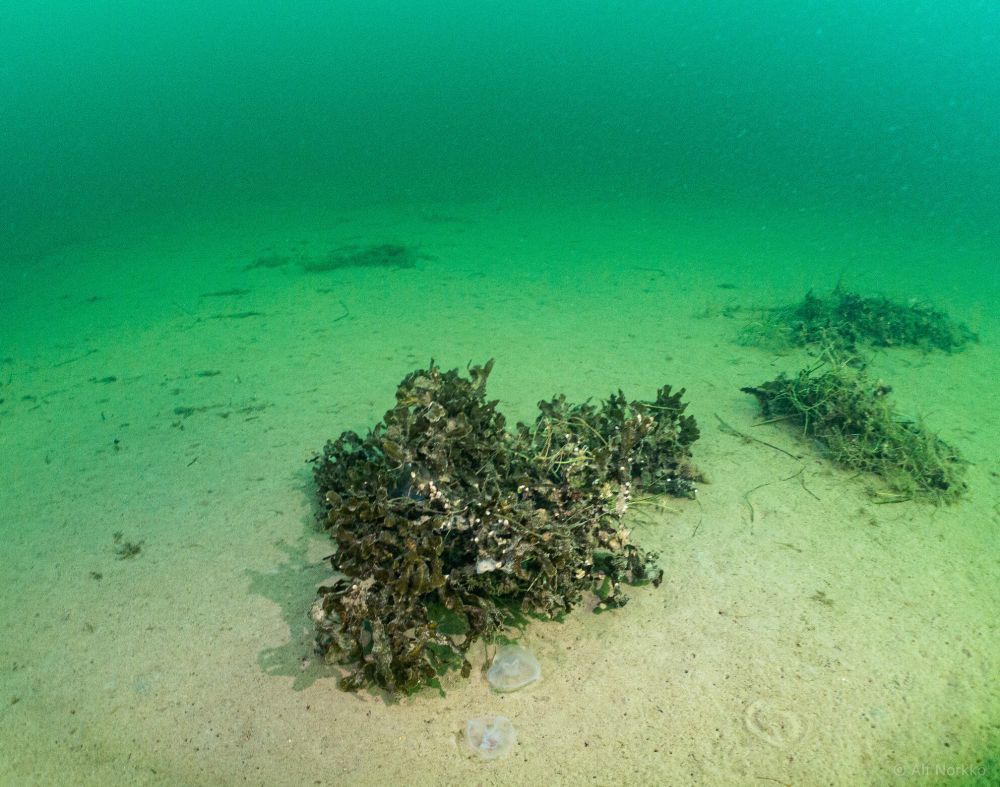John Griffin
@jngriffy.bsky.social
3.9K followers
660 following
110 posts
Associate Prof. in Coastal Ecology & Biodiversity @Swansea University. Topics: Biodiversity change; Ecosystem functions & services; Trait-based ecology. Systems: Rocky shores, Salt marshes, Coastal dunes.
Posts
Media
Videos
Starter Packs
Reposted by John Griffin
Reposted by John Griffin
Reposted by John Griffin
Reposted by John Griffin
Reposted by John Griffin
Reposted by John Griffin
Reposted by John Griffin
Reposted by John Griffin
Reposted by John Griffin
Reposted by John Griffin
Reposted by John Griffin
Reposted by John Griffin
George Monbiot
@georgemonbiot.bsky.social
· Aug 26
Reposted by John Griffin
Amelia Curd
@aec13.bsky.social
· Aug 26
Reposted by John Griffin
Dr. Jack Cooper
@cooperpalaeo.bsky.social
· Aug 17

Megalodon and its relatives were super-predators that ate whatever they wanted — Dr. Jack A. Cooper
The iconic megalodon shark is generally pictured as having been a specialised whale killer. Now, a new study finds that megalodon and its closest relative Otodus chubutensis weren’t picky eaters. Inst...
www.drjackacooper.com
Reposted by John Griffin
Nessa O'Connor
@nessocon.bsky.social
· Aug 12
Alf Norkko
@alfnorkko.bsky.social
· Aug 11

A path towards appropriate degradation experiments for assessing carbon sequestration potential of macroalgae
We systematically reviewed literature on macroalgal degradation. To date, most degradation experiments are carried out in aquaria or shallow environments, span short timescales or rarely incorporate ....
besjournals.onlinelibrary.wiley.com
Reposted by John Griffin
Reposted by John Griffin
Reposted by John Griffin
Effie Cyborg
@effies.bsky.social
· Aug 6
The Guardian
@theguardian.com
· Aug 6

Scientists find link between genes and ME/chronic fatigue syndrome
Large study suggests people’s genetics could ‘tip the balance’ on whether they would develop the illness
Scientists have found the first robust evidence that people’s genes affect their chances of developing myalgic encephalomyelitis or chronic fatigue syndrome (ME/CFS), a mysterious and debilitating illness that has been neglected and dismissed for decades by many in the medical community.
Early findings from the world’s largest study into the genetics of the condition pinpointed eight regions of the human genome that were substantially different in people with an ME/CFS diagnosis compared to those without the illness. Continue reading...
www.theguardian.com
Reposted by John Griffin





























